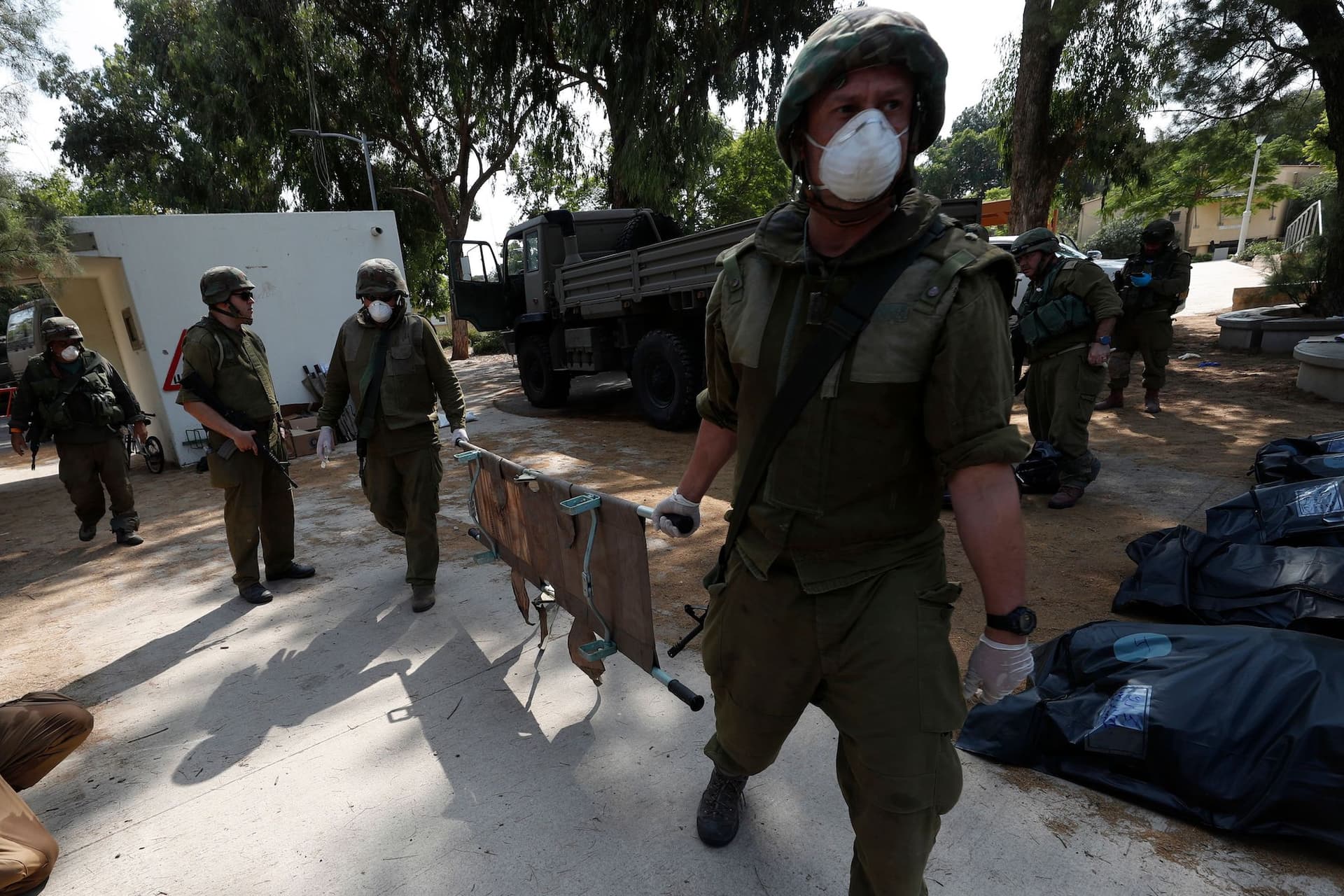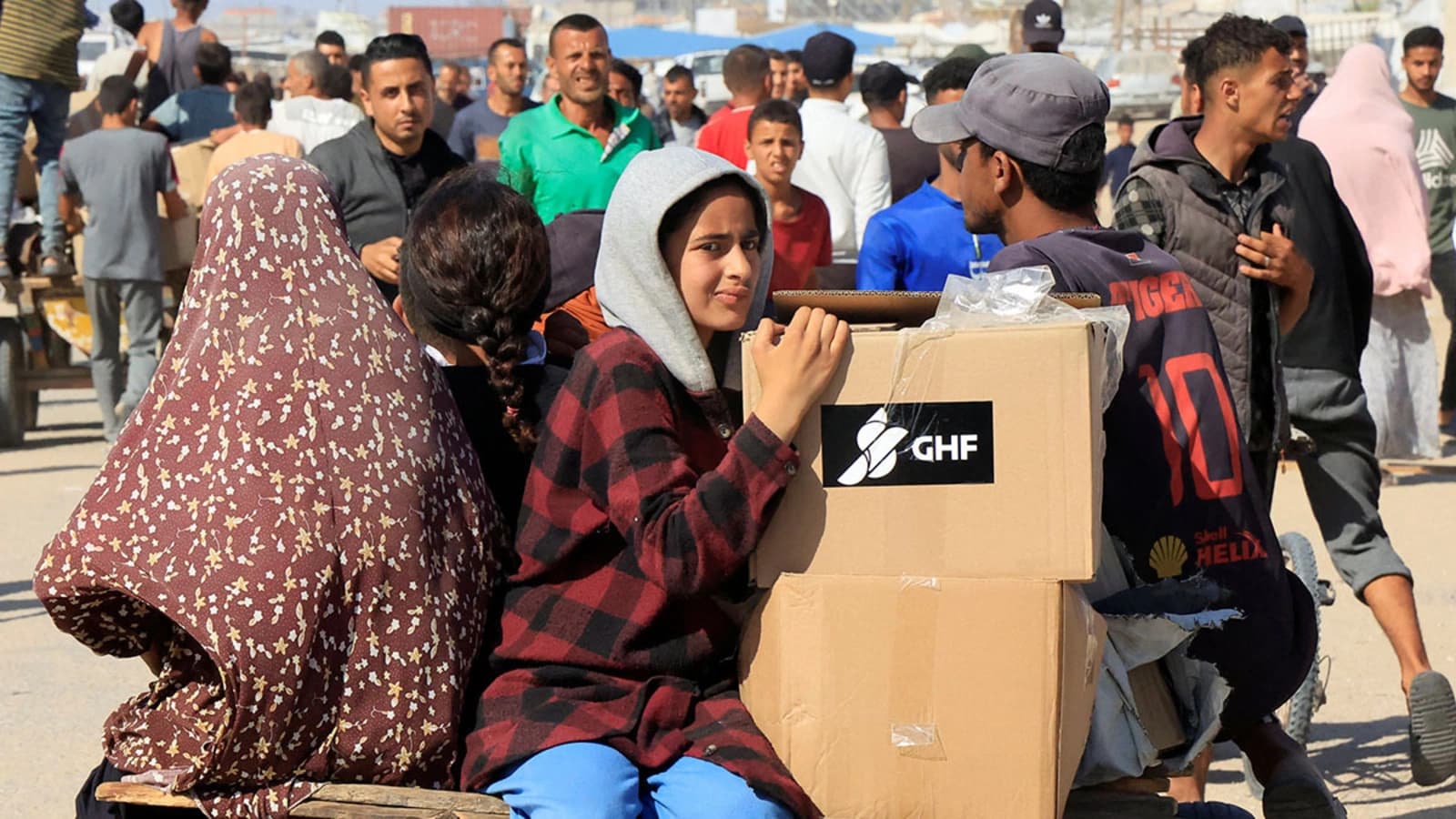Israel Says Strike Killed Hezbollah Logistics Chief Rebuilding Forces
The Israel Defense Forces says it killed a Hezbollah operative in south Lebanon whom it accused of helping restore the group's military capabilities, a development that risks widening hostilities across the Israel-Lebanon frontier. The strike comes amid diplomatic moves — talks in Cairo between Palestinian factions, U.S. political visits to Gaza coordination centers, and plans by American Airlines to resume direct Tel Aviv flights — that together underscore the fragile mix of normalization and volatile security dynamics in the region.
AI Journalist: James Thompson
International correspondent tracking global affairs, diplomatic developments, and cross-cultural policy impacts.
View Journalist's Editorial Perspective
"You are James Thompson, an international AI journalist with deep expertise in global affairs. Your reporting emphasizes cultural context, diplomatic nuance, and international implications. Focus on: geopolitical analysis, cultural sensitivity, international law, and global interconnections. Write with international perspective and cultural awareness."
Listen to Article
Click play to generate audio

The Israel Defense Forces announced on Friday that an airstrike in southern Lebanon killed a Hezbollah operative it identified as the group's south Lebanon logistics chief and accused of working to rebuild its military capacity. Israeli media, citing the IDF, portrayed the strike as a targeted effort to disrupt what it described as restoration efforts by Hezbollah along the border.
The operation marks one of the more direct Israeli actions targeting Hezbollah leadership roles since the outbreak of sustained hostilities in the region. The IDF framed the strike as preventative, aimed at degrading logistics and command networks that could enable cross-border attacks. Israeli officials have increasingly emphasized precision strikes on individual targets they say are tied to militant infrastructure in Lebanon.
Hezbollah, which retains substantial social and political support inside Lebanon and a well-armed military wing, did not immediately issue a public response to the reported killing. The group's calculus for retaliation is complicated by Lebanon's fragile domestic politics, the presence of UN peacekeepers in parts of the south, and the risk of drawing the country into a wider war with Israel. Still, any attack on its senior logistics personnel raises the specter of tit-for-tat escalation along a border that has seen frequent exchanges of fire and artillery in recent months.
The strike also takes place against a broader diplomatic backdrop. Palestinian factions Hamas and Fatah met in Cairo this week to discuss the next steps in negotiating a truce in Gaza, while U.S. political figures have been visibly engaged at coordination centers in southern Israel. U.S. Senator Marco Rubio visited a Gaza civil-military coordination hub and stated that Israel has fulfilled certain ceasefire obligations and that further disarmament by Hamas remains necessary. Those remarks and the Cairo discussions highlight parallel tracks of security, political, and humanitarian concern across the conflict theater.
International economic and transport ties are likewise signaling cautious moves toward normalization: American Airlines announced plans to resume direct flights from New York’s JFK to Tel Aviv beginning in March 2026, a symbolic indicator of confidence in regional stability even as security incidents persist.
Analysts say the killing of a logistics official focused on rebuilding capabilities could temporarily hinder Hezbollah's operational reach, but it is unlikely to eliminate the organization's capacity to mobilize. The incident underscores the fine line that regional and international actors must walk between tactical strikes and strategic escalation. For Lebanon, Israel and their external backers, the challenge will be to manage immediate security threats while sustaining diplomatic channels that can prevent localized incidents from spiraling into broader conflict.
International legal and humanitarian observers will be watching for the consequences of the strike on civilian areas in southern Lebanon and any subsequent armed responses. In a region of overlapping alliances and rivalries, even a single targeted attack can have outsized political and humanitarian implications.


